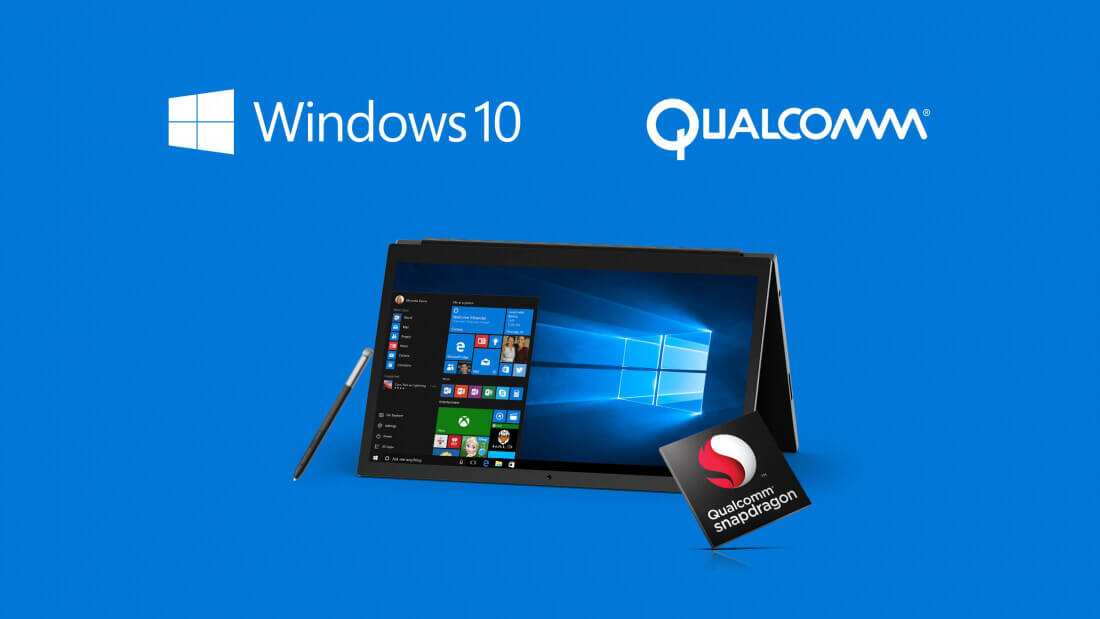
Last December Microsoft announced that a partnership with Qualcomm would see the creation of Windows 10 laptops powered by the chip maker's flagship Snapdragon 835 processor. The devices are supposed to offer exceptional battery life without any significant performance downgrade. But while the former appears true, there are some question marks over the latter claim.
German site Winfuture.de discovered leaked benchmarks on Geekbench’s website under the name Qualcomm CLS. There are numbers for 32-bit versions of both Windows 10 S and Windows 10 Pro, with some listings showing a device featuring 8GB of RAM and powered by an octa-core processor clocked between 1.9GHz and 2.2GHz. The highest score is 1202 for Geekbench’s single-core benchmark, while the multi-core score is 4068.
As noted by MSPowerUser, those figures are way below what an i3-8100 CPU can achieve in the same benchmarks: 3692 single-core and 11860 multi-core. What’s even more concerning is that they're also lagging behind Android devices powered by the same Snapdragon 835, which usually score over 2200 for single-core tests and have multi-core results over 7700.

To be fair to Microsoft, the numbers likely come from a pre-release machine that hasn’t been fully optimized, so the final devices—set to launch in the next few weeks—will almost certainly be an improvement.
The fact Windows on ARM uses emulation technology means it’s never going to match the performance of standard x86 processors, but the devices could still find a position in the market, especially if the price is right and claims of multi-day battery life turn out to be accurate.
https://www.techspot.com/news/71895-leaked-windows-arm-benchmarks-show-laptops-failing-match.html